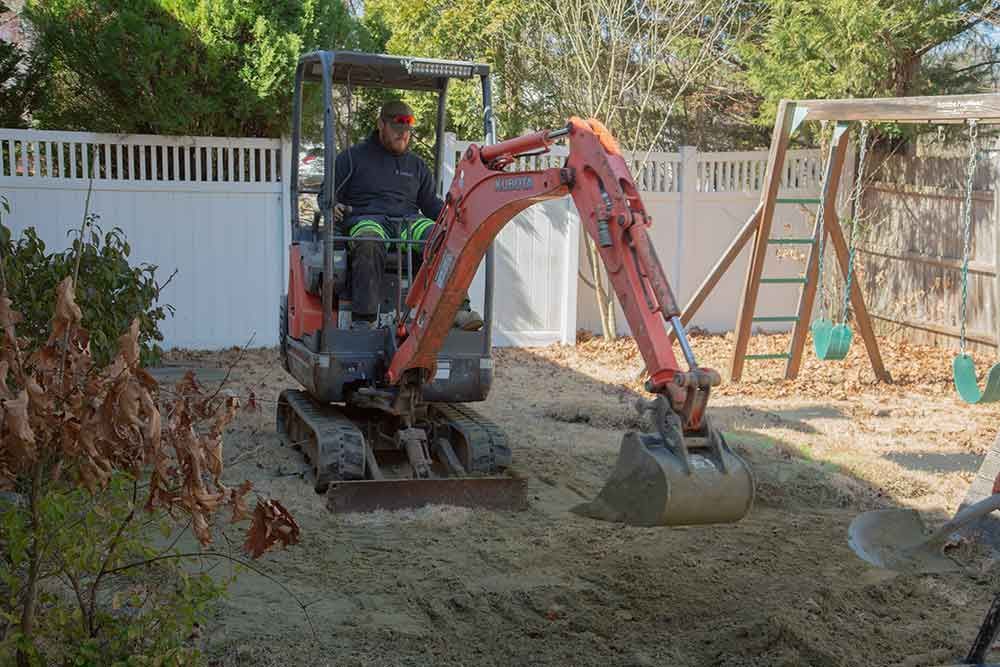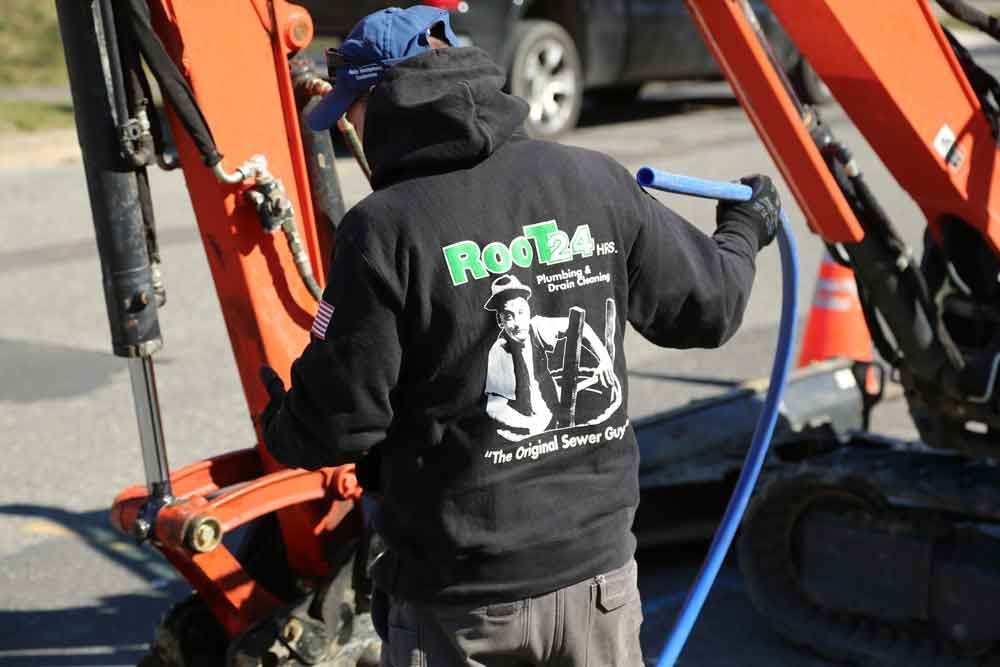Residential Plumbing Services
Residential Properties refer to living spaces meant for private, domestic use. This classification comprises of:
- Single-family homes: Detached houses meant for one family.
- Multi-family homes: Buildings divided into multiple living spaces, such as duplexes, triplexes, or fourplexes.
- Apartments and Condominiums: Larger buildings with individual units owned or rented by different individuals or families.
- Townhouses: Homes that share one or two walls with adjacent properties but have individual entrances.
Owners of residential properties may need various plumbing services, including repairs that extend to the municipal part of the plumbing system. Some of the standard plumbing services they might require include:
- Pipe Repair and Replacement: This includes fixing leaks, bursts, and other pipe damage. If the damaged pipe is part of the municipal system but on the property, depending on local regulations, the homeowner might be responsible.
- Sewer Line Repair and Maintenance: Problems with sewer lines, such as blockages or breaks, can impact residential property. The responsibility for repair can depend on where the issue is located—if it's on the homeowner's property, it's typically their responsibility.
- Drain Cleaning and Unclogging: This involves clearing blockages in the drainage system. Issues on the property are the homeowner's responsibility, while the city typically handles problems in the municipal line.
- Water Line Repair: This includes fixing issues with the line that brings water into the house. Again, responsibility depends on the location of the problem.
- Water Heater Services: Installation, repair, and maintenance of water heaters.
- Installation and Repair of Plumbing Fixtures, Such as sinks, toilets, bathtubs, and showers.
- Inspection and Maintenance Services: Regular checks to ensure the plumbing system is in good condition, which can prevent significant issues.
- Emergency Plumbing Services: For urgent issues like leaks or sewer backups.
- Upgrades and Modernization: This could include installing more efficient plumbing systems or fixtures.
- Compliance with Local Codes and Regulations: Ensuring that all plumbing work meets the local municipality's standards and codes.
In many municipalities, the homeowner is responsible for the plumbing system up to where it connects with the municipal system.
However, this can vary, and property owners must be aware of their local regulations regarding responsibility for plumbing repairs, especially those that involve the connection to municipal systems.
Get a quote
residential plumbing services Request Form
We will get back to you as soon as possible.
Please try again later.


Do You Need Emergency Plumbing Services?
We are dedicated to giving your fast, friendly and reliable service. We offer services every day of the week, at the time that's best for you.
All Rights Reserved | Root 24 Hours, Inc. | Powered by Beholder Agency
